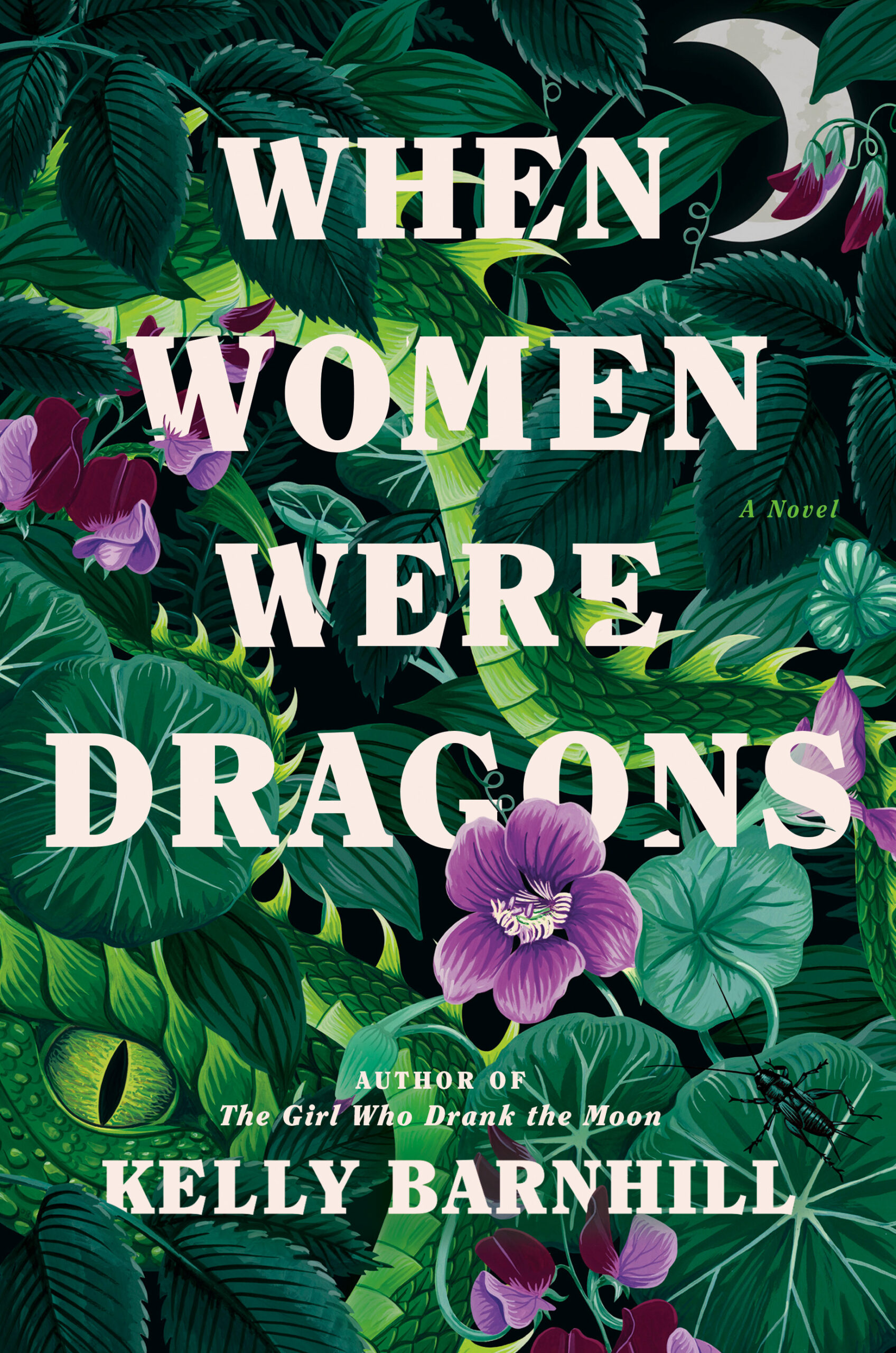When Women Were Dragons, by Kelly Barnhill
Okay, this is a fun novel.
Set in an alternate timeline, the seminal point of When Women Were Dragons is the Mass Dragoning in America in 1955 – also known as the Day of Missing Mothers – when thousands of women, unable or unwilling to accept their lot in life, spontaneously turn into dragons. Yup, dragons.

But it’s also about how the information surrounding the why and how of this incredible phenomenon is suppressed, and the power behind an entire society buying into not just denying but actively forgetting something momentous simply because those in power do not want to acknowledge it, therefore not just stifling discussion of the moment, but crippling those affected in years to come. (Sound familiar?)
And it’s also about rage. Female rage. Rage at being regulated to lesser beings. Set in 1955, it’s easy to see the injustice of such treatment, to allow the story to gain undeniable purchase, but women today know that mindset still exists. We can relate, even now.
The story follows Alex (Alexandra) who loses her mother when she is four years old, then regains her again, with no explanation and no discussion. Her mother was a brilliant mathematician, regulated to desk work at a bank, and then to stay-at-home motherhood. Her father is solid yet remote, with his unending “business trips” that are also never explained. Her whole life is spent being buffeted by actions of adults who simply tell her to be a good girl, and keep her eyes lowered.
This is just the tip of the iceberg, but to be honest, you’re either going to be interested in the story or not by the women-turning-into-dragons bit. But if you’re still on the fence, this book is well written, and Alex is a compelling central character, one who allows the reader to vest in the story without too much angst. There is a bit of misdirection – how can a girl who is so intelligent and aware be so unwilling to push back at what is being thrust upon her? – but her naïveté allows the narrative to move forward without becoming pedantic or too obvious.
Let me be clear – this is a fantasy novel. Not only does it not happen, historically, but it cannot happen. The events and effects simply are not possible, biologically or scientifically – even logistically. But give it a healthy willing suspension of disbelief, and it resonates.
And it’s beautifully rendered. Author Kelly Barnhill, a Newbery Medal award winner for her children’s book The Girl Who Drank the Moon, knows how to spin a simple, effective tale that speaks volumes beyond the narrative. While I found the wrap-up ending distressingly trite (given our present times), I thoroughly enjoyed this novel, and heartily recommend it to our LitStack readers.
—Sharon Browning

